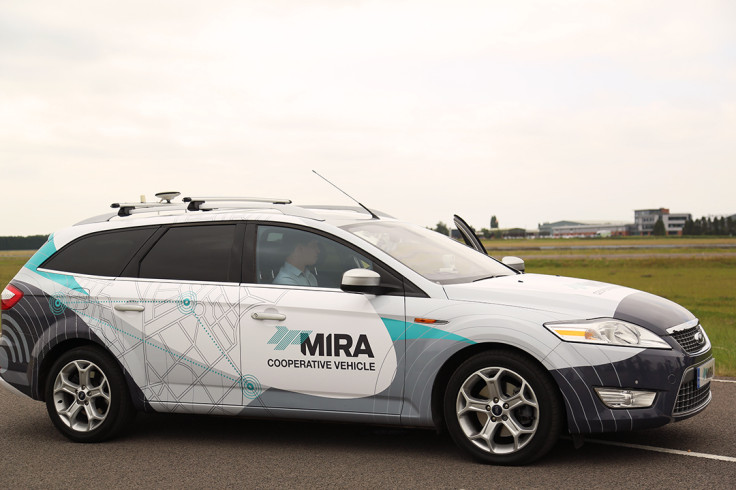Does the UK Really Want Driverless Cars?
The UK has set itself on the road to becoming one of the world leaders in driverless car technology, with Business Secretary Vince Cable announcing plans this week for a review of the relevant safety laws that currently prevent autonomous vehicles from operating on public roads.
Setting aside the numerous legal issues that would still need to be overcome before such vehicles ever go beyond the testing phase, however, the most important question has still yet to be answered: Do people actually want them?
A recent study commissioned by Churchill Insurance found that only 8% of UK adults had no fears about driverless cars. The other 92% were concerned about potential malfunctions, a lack of human control and even cyber security issues like hacking.
In response to such concerns, Science Minister Greg Clark told IBTimes UK that he believed trust for the technology would come with time.
"It's naturally the case that with something that people are, as yet, unfamiliar with, there will be concerns about it," Clark said. "But in truth, most road traffic accidents are caused by human error."
These comments might be slightly overlooking the fact that there are, as yet, no non-human drivers on the road to prove that they are less likely to cause accidents. Nevertheless, Clark believes that the results of the self-driving car road tests will speak for themselves.
'A big leap of faith'
There are already cars on the roads that employ some form of automated technology - from speed cruise controls to parking assistance aids - however some believe that drivers would be unwilling to ever go to a fully automated vehicle, regardless of whether they are safe or not.
"There is a big leap of faith needed by drivers, from embracing assistance systems to accepting the fully automated car," said David Bruce, director of AA Cars. "Two-thirds of AA members still enjoy driving too much to want a fully automated car."
A separate survey by the RAC backed this estimation, with only a very small percentages of people saying that they would want to hand control of their car to a computer.
What is more likely is that we see some form of hybrid vehicle, whereby drivers are able to use automated features like self-steering and self-braking, but are also able to take back control at any moment.
Semi-autonomy
Tim Edwards, a principle engineer at vehicle development firm Mira, believes that in the future drivers will choose to automate only certain parts of their journey, such as when they're stuck in traffic.

On a recent test drive of a semi-autonomous vehicle that Edwards helped develop, he told IBTimes UK that future cars will most likely have the functionality but will only ever take control of themselves in dangerous circumstances or when the driver requested them to do so.
"The car may actually look in some extreme situations to automate the car for safety reasons," Edwards said. "But you're still the driver, you're still in control, you choose when you want to use it."
It seems both laws and opinions towards self-driving technology will need to shift significantly before we see more than just test drives of semi-autonomous cars on UK roads. At the launch of the inaugural London Technology Week last month, Mayor Boris Johnson quipped: "We already have driverless cars. They're just parked." For the moment, at least, it looks like it will stay that way.
© Copyright IBTimes 2025. All rights reserved.






















